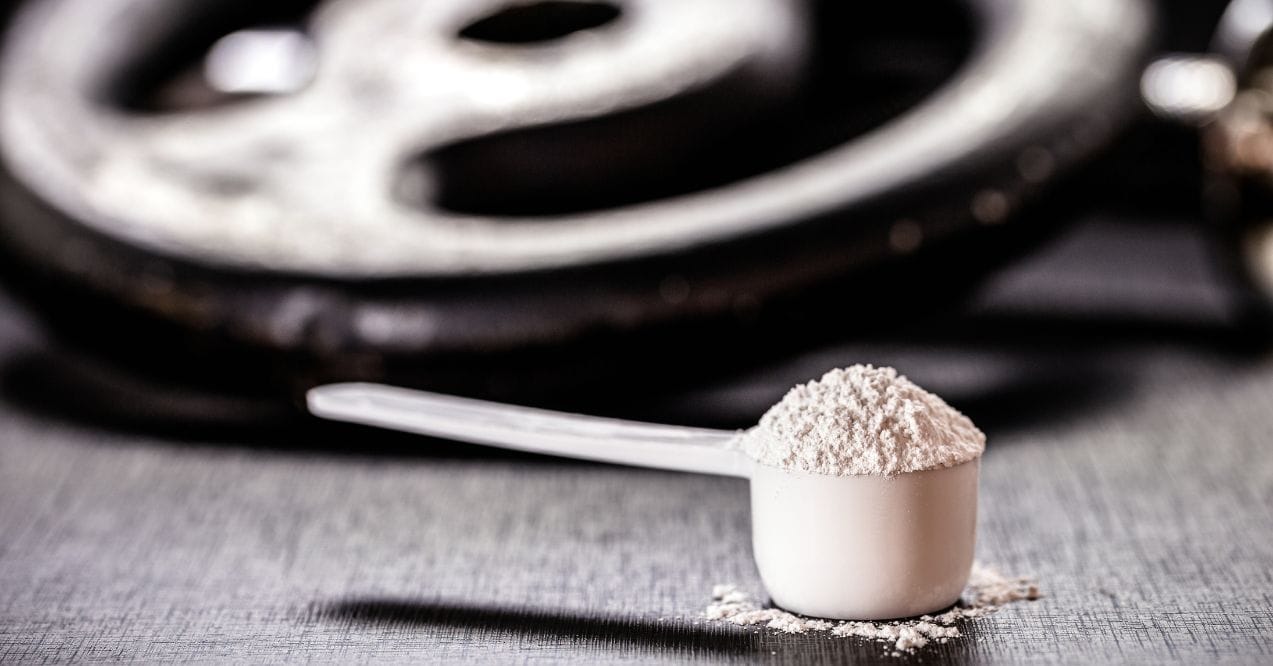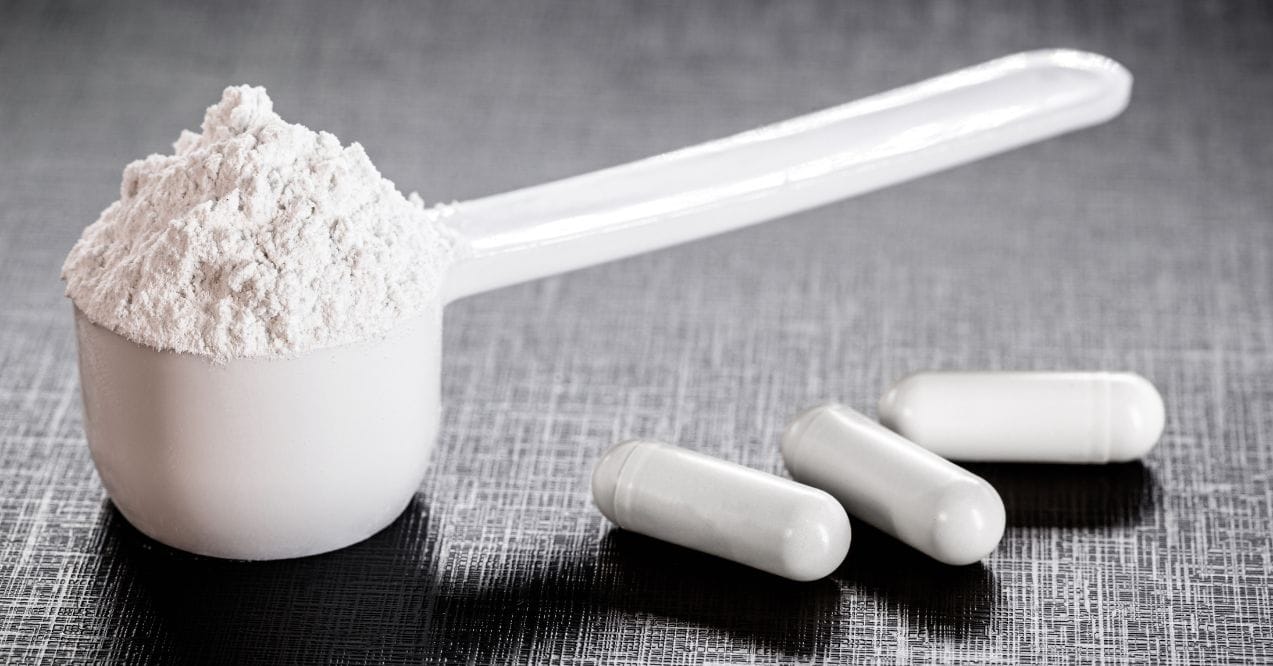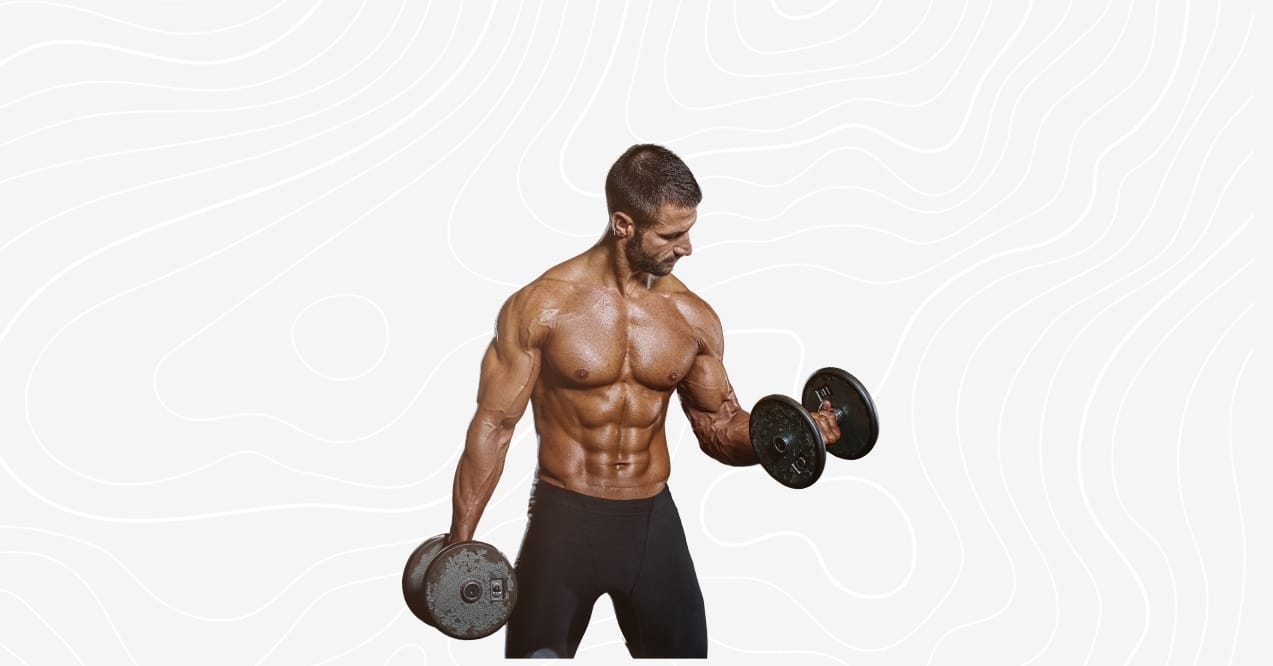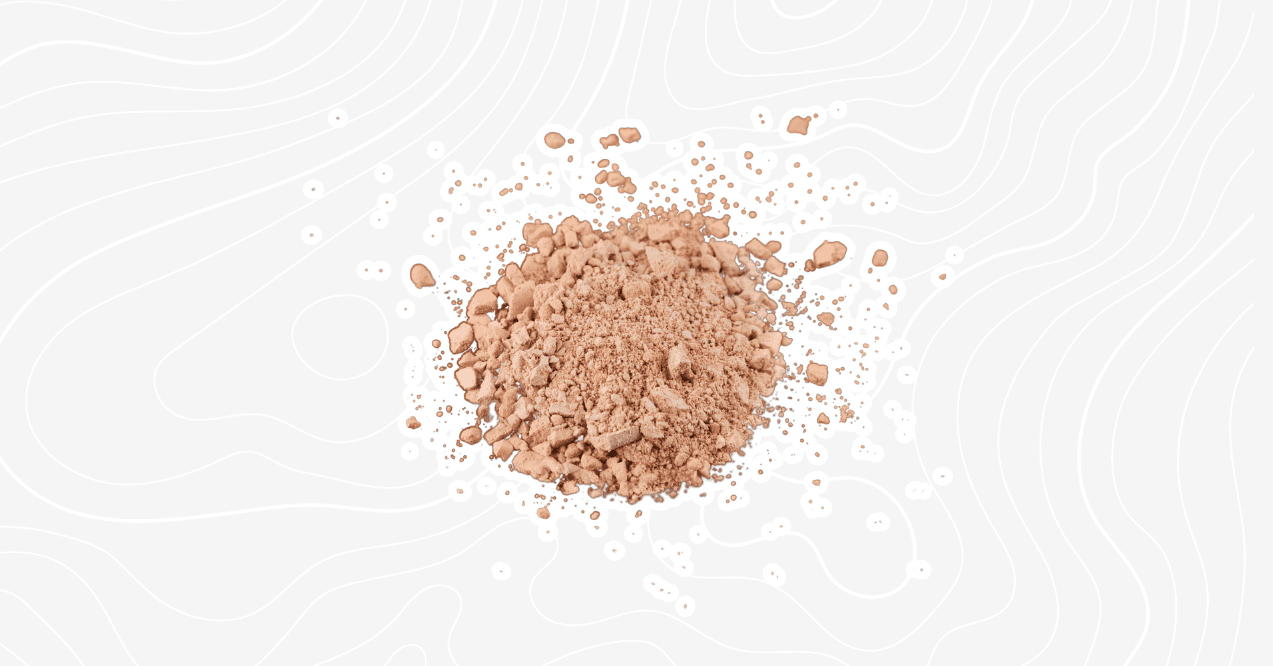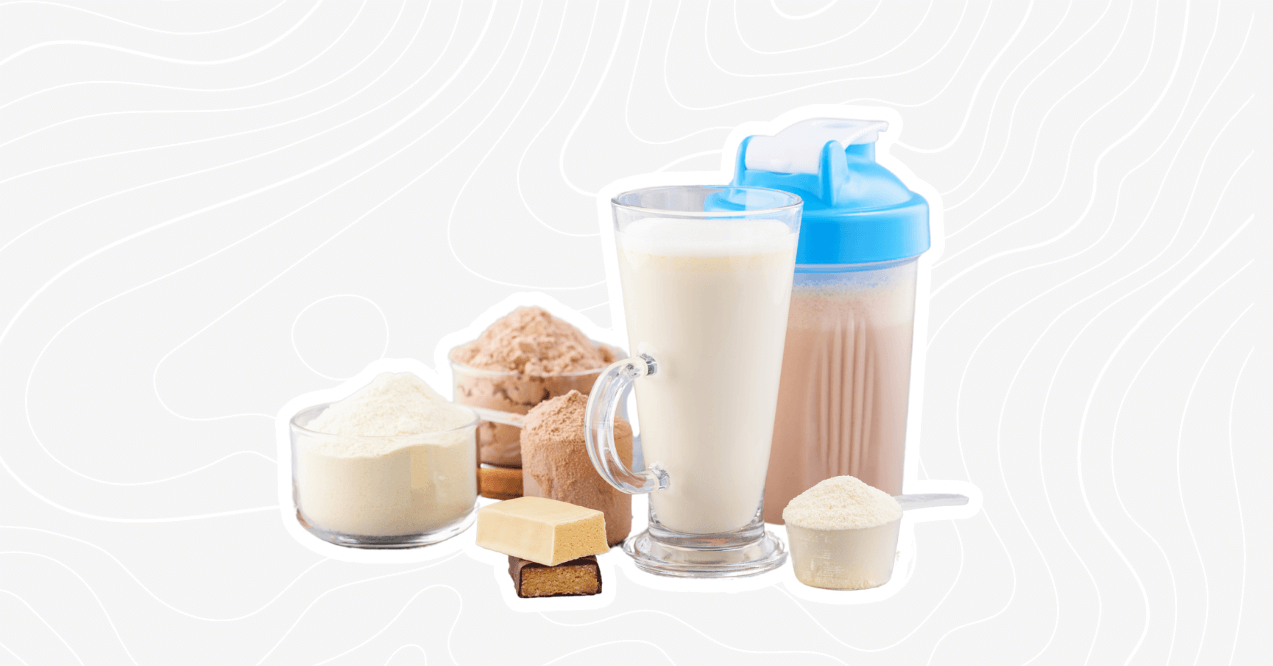Should You Take Electrolytes Before or After Workout?
The question of whether to take electrolytes before or after workout sessions comes up a lot – especially for people who train hard or sweat heavily. Hydration plays a big role in how you feel and perform, but water alone may not always be enough. Electrolytes, those tiny minerals that help regulate fluid balance and muscle function, might be worth paying attention to.
Timing matters. Some folks feel better sipping them before a long run or hot workout. Others might recover faster when they rehydrate after. It’s not always one-size-fits-all.
In this guide, we’ll break down the best time to drink electrolytes, how they work in the body, and how you can match your intake to your training style.

What Are Electrolytes?
Electrolytes are minerals that carry an electric charge and help regulate key functions in your body. The major players include sodium, potassium, magnesium, calcium, and chloride. They’re involved in everything from fluid balance to nerve impulses and muscle contractions.
You lose electrolytes naturally every day, but especially during exercise through sweat. That’s why active people may need more than what they get from food alone, depending on how much and how often they train.
While the body is good at maintaining balance, workouts—especially long or intense ones—can throw things off. That’s when electrolyte drinks or supplements may be helpful to support hydration and physical performance.
Why Should Athletes Drink Electrolytes?
Athletes place more stress on their bodies, and with that comes higher fluid and mineral losses. During exercise, especially in warm or humid conditions, the body sweats to cool down—taking valuable electrolytes with it.
When your levels dip too low, you might notice fatigue, sluggishness, cramps, or slower recovery. That’s one reason why adding electrolytes may help support better training sessions and post-exercise recovery.
Electrolytes also help maintain muscle function and nerve signaling, both essential for high-performance output. They may even support focus and coordination when you’re deep into a workout.
Why should athletes drink electrolytes? Because staying hydrated with the right mineral balance could mean the difference between pushing through and hitting a wall. If you’ve been dealing with sluggish training days or soreness that sticks around, this article on Why Are My Legs So Heavy After a Workout? explains how electrolyte loss could be part of the problem.
What Do Electrolytes Do for Your Body?
Electrolytes serve as your body’s internal communication system. They help muscles contract, regulate heart rhythm, balance pH levels, and move fluids in and out of cells. When everything’s in sync, your body can move, perform, and recover more efficiently.
During exercise, your heart rate climbs, sweat production increases, and muscle activity ramps up. This means electrolyte demand also rises. Without enough of them, the body may struggle to regulate temperature, maintain hydration, or keep energy levels steady.
Over time, consistently low electrolyte levels can lead to performance dips or make workouts feel harder than they need to. While a healthy diet covers many needs, activity-specific hydration strategies — like targeted electrolyte intake — might help fill the gaps.
Electrolytes Before or After Workout?
Deciding whether to take electrolytes before or after workout sessions depends on several things: the type of activity, workout duration, sweat rate, and even what you’ve eaten beforehand. There isn’t one perfect answer for everyone—but there are patterns that can help guide your approach.
If you’re doing a short or low-intensity session indoors, your usual meals and water may be enough. But for longer, sweat-heavy, or high-intensity training—especially in the heat—your electrolyte needs increase.
- Before a workout, electrolytes may help prepare your body for fluid loss and support muscle function right out of the gate.
- After a workout, they may assist in rehydrating, restoring what was lost in sweat, and supporting recovery
In some cases, the best strategy is both: a small dose before for preparation and another after for replenishment. When thinking about when should athletes consume electrolytes, consider timing around your training load and how your body typically responds.
Benefits of Electrolytes Before a Workout
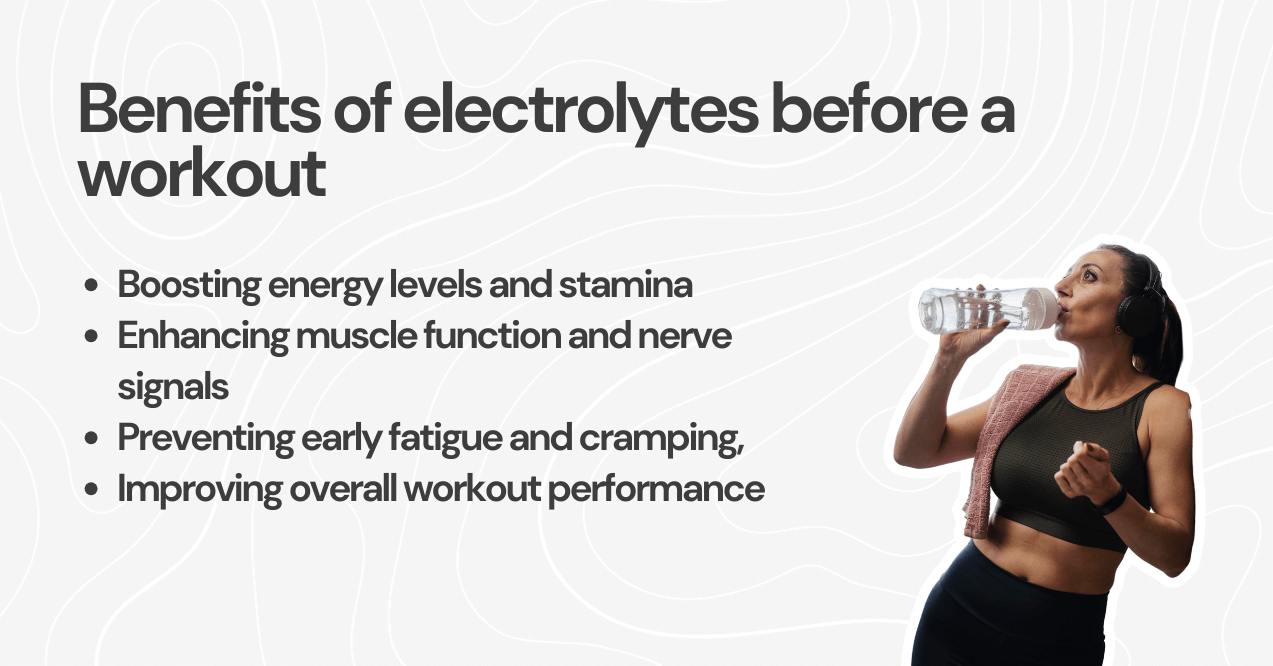
Taking electrolytes ahead of your session may offer noticeable benefits, especially for those who train early in the day, in warm climates, or for endurance events. When paired with smart fueling, they may support stamina, reduce the risk of cramping, and help you maintain output throughout your workout.
If you’re wondering what else you might need before your workout, check out What to Look for in Pre Workout?
Let’s break down how pre-workout electrolyte intake may support performance:
Boosting Energy Levels and Stamina
When your cells are hydrated and your electrolyte levels are steady, you may find it easier to maintain energy across your entire session. Electrolytes help regulate fluid balance, which plays a role in how efficiently your body uses stored energy. Starting your workout in a hydrated state might help delay fatigue and reduce dips in performance.
Enhancing Muscle Function and Nerve Signals
Electrolytes—especially sodium, potassium, and magnesium—support smooth muscle contractions and help your nerves fire properly. This may lead to more controlled movements and reduced risk of misfiring muscles or awkward coordination during your workout. A steady balance can also support strength and agility during high-intensity training.
Preventing Early Fatigue and Cramping
A common reason for early fatigue or mid-workout cramping is fluid and mineral imbalance. Starting out low on electrolytes makes this more likely, especially if you’re a salty sweater. A bit of added sodium and potassium beforehand may help delay these issues and help you power through longer sessions with fewer interruptions.
Improving Overall Workout Performance
Feeling sharper, moving smoother, and lasting longer—all are potential outcomes when your body is properly hydrated. Taking electrolytes before exercise may support more consistent output, better endurance, and quicker reaction time. If your workouts tend to feel sluggish or you crash early, pre-workout hydration might be a piece worth dialing in.
Benefits of Electrolytes After a Workout
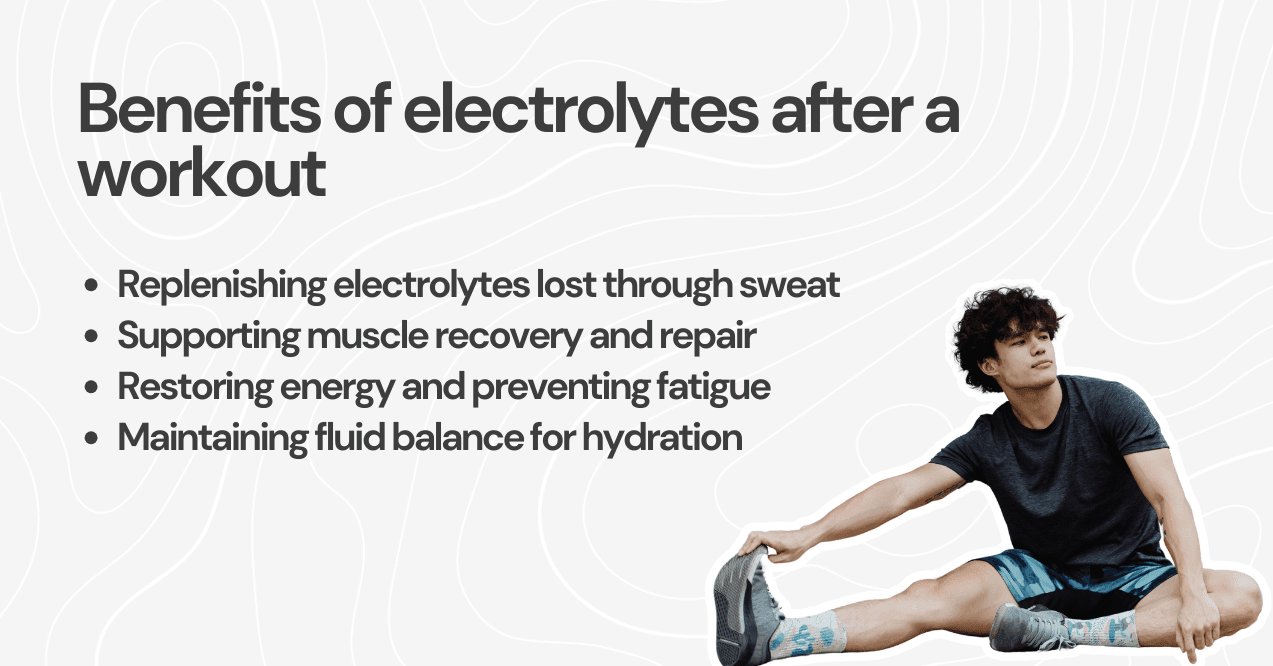
Once you wrap up your training session, the recovery process kicks in. At this stage, electrolytes may help your body bounce back—especially if the workout was long, intense, or left you dripping with sweat.
Timing your intake after workouts may support better rehydration, muscle repair, and energy restoration.
If you’re looking for more natural tools to support recovery, check out herbs for muscle recovery to pair with your post-workout routine.
Replenishing Electrolytes Lost Through Sweat
Sweating is the body’s way of cooling down, but along with water, it flushes out key minerals like sodium, potassium, and magnesium. Replacing these after training may help maintain proper hydration and support recovery. Athletes who sweat heavily—or notice salt marks on skin or clothes—can benefit from dialing in their electrolyte strategy post-session.
Supporting Muscle Recovery and Repair
While protein plays a major role in rebuilding muscle, electrolytes help create the environment for that repair to happen. Minerals like magnesium and calcium support nerve signals and muscle relaxation, which can help with stiffness or post-exercise tension. When paired with the right nutrients, electrolytes may be part of a more complete recovery picture.
Restoring Energy and Preventing Fatigue
Post-workout tiredness can be more than just muscle fatigue—it’s often linked to fluid and mineral loss. Rehydrating with electrolytes may help support cellular energy production and stabilize how you feel in the hours after a session. For endurance workouts or tough lifting days, this can make the rest of your day feel a bit smoother.
Maintaining Fluid Balance for Hydration
Plain water alone may not be enough after intense activity. Without minerals to help with absorption and retention, you might end up overhydrating and flushing more out. Electrolytes help your body hold on to the fluid it needs, which can support better hydration long after your workout ends.
Support Your Recovery Naturally
For anyone looking to simplify post-workout hydration, Muscle Recovery by Trumeta is a smart addition to your routine. It’s designed with essential electrolytes and nutrients that support hydration and muscle recovery—without unnecessary additives. Whether you’re training daily or just getting back into a rhythm, adding this to your post-exercise routine may help you feel more ready for your next session.
You can mix it with water for an easy recovery drink or add it to your favorite smoothie. It’s a simple way to support hydration and feel a little more dialed in, especially after long runs, heavy lifts, or sweat-heavy workouts.

Conclusion
So – electrolytes before or after workout? The answer depends on your workout style, sweat levels, and how your body responds to different conditions. For many people, it’s not about choosing just one. Taking electrolytes before exercise may support energy and performance, while drinking them afterward may help with hydration and recovery.
Whether you’re lifting, running, or riding, electrolytes support key systems in your body that help keep you moving, thinking, and feeling strong. Paying attention to how your body feels during and after workouts can help you figure out your ideal timing.
For those wondering about drinking electrolytes before bed, it may also make sense in some situations -especially after a late-night session or a long day outside in the heat. The key is finding a rhythm that fits your training and recovery routine.
Athletes may benefit from electrolytes before, during, or after workouts—especially when training is long, intense, or in hot weather.
For longer or hotter runs, try a small amount before and after. Timing depends on your sweat rate and workout duration.
Yes, some people may use electrolytes as part of their pre-workout routine, especially in warm weather or early morning training.
Advertisement. This site offers health, wellness, fitness and nutritional information and is designed for educational purposes only. You should not rely on this information as a substitute for, nor does it replace, professional medical advice, diagnosis, or treatment. If you have any concerns or questions about your health, you should always consult with a physician or other health-care professional. Do not disregard, avoid or delay obtaining medical or health related advice from your health-care professional because of something you may have read on this site. The use of any information provided on this site is solely at your own risk.
